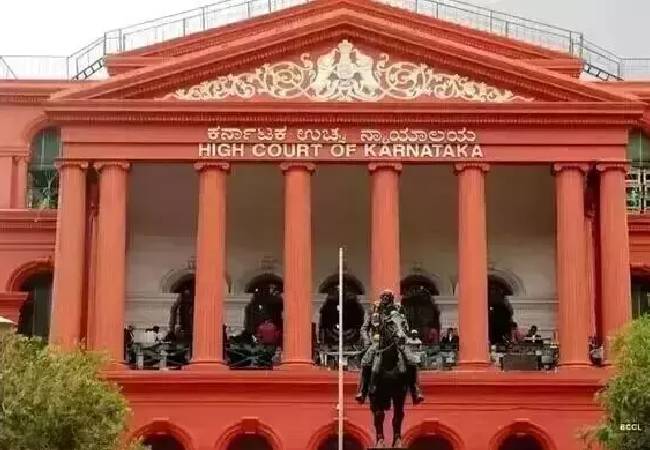Hyderabad, Jan 2: Hitting out at Prime Minister Narendra Modi over demonetisation, president of AIMIM (All-India Majlis-E-Ittehadul Muslimeen) president Asaduddin Owaisi on Monday challenged the BJP to celebrate 'Demonetisation Day.'
He slammed the Modi government over the reason cited for the demonetisation that was decided upon to primarily check flow of black money, among others. He claimed demonetisation affected the economy.
According to Owaisi, the decision (on demonetisation) was wrong as it led to a decline in the growth of the GDP to 4 per cent in 2019-2020 from 8.3 per cent in 2016-17.
"We want to tell the Prime Minister why don't you celebrate 'Demonetisation Day'. If demonetisation was a success and if they think it was a success we challenge the BJP why don't they celebrate 'Demonetisation Day'. The Prime Minister knows that women, daily wage workers, artisans, drivers, electricians, and masons were affected owing to demonetisation. Why doesn't the BJP celebrate 'Notebandi Divas'," the Hyderabad MP told reporters here.
Quoting a report, Owaisi said 50 lakh people lost employment. "After demonetisation, people took loans. Prime Minister shrunk the workforce and that showed his incompetence. Today, 32.18 lakh crore of currency is in circulation as against 17.97 lakh crore (during that time)," Owaisi said.
The Supreme Court in a 4:1 verdict today upheld the decision to demonetise the Rs 1,000 and Rs 500 notes by saying the decision-making process was not flawed.
Observing that the decision being an economic policy of the executive cannot be reversed, a 5-judge Constitutional Bench headed by Justice S A Nazeer said there has to be restraint in matters of such a policy and the court cannot supplant the wisdom of the executive by a judicial review of its decision.
Justice B V Nagarathna differed from the majority judgment by invoking the RBI Act, saying the scrapping of high-value currency notes should have been done through legislation not a notification.
Let the Truth be known. If you read VB and like VB, please be a VB Supporter and Help us deliver the Truth to one and all.
New Delhi: Indian Railways, long criticized for issues like overcrowding, cleanliness, and food quality, is now facing a new challenge: allegations of passengers stealing railway property. A recent viral video has brought the issue to light, sparking widespread public debate.
The video, reportedly filmed at Prayagraj station, shows railway staff inspecting passenger luggage on the platform and recovering items such as bed sheets and towels, allegedly taken from train coaches. Shared on Reddit by user "whoismayankk," the footage has amassed over 4,200 upvotes and generated a heated discussion in the comments section.
Viewers reacted strongly, condemning the theft and demanding stricter penalties. One commenter criticized the lack of civic sense, advocating for tougher rules to address societal behavior. Others expressed disbelief at passengers stealing marked items like blankets and linens, with one remarking on the audacity of such actions despite visible IRCTC logos.
Some users linked the issue to broader societal concerns. "What is a country if not the amalgamation of its people?" wrote one, highlighting the moral decline among certain segments of the population. Another attributed the problem to passengers undermining the reputation of Indian Railways, which, despite being one of the world’s most extensive networks, struggles to maintain a world-class standard due to such incidents.
Why are people like this?
byu/whoismayankk inindianrailways





